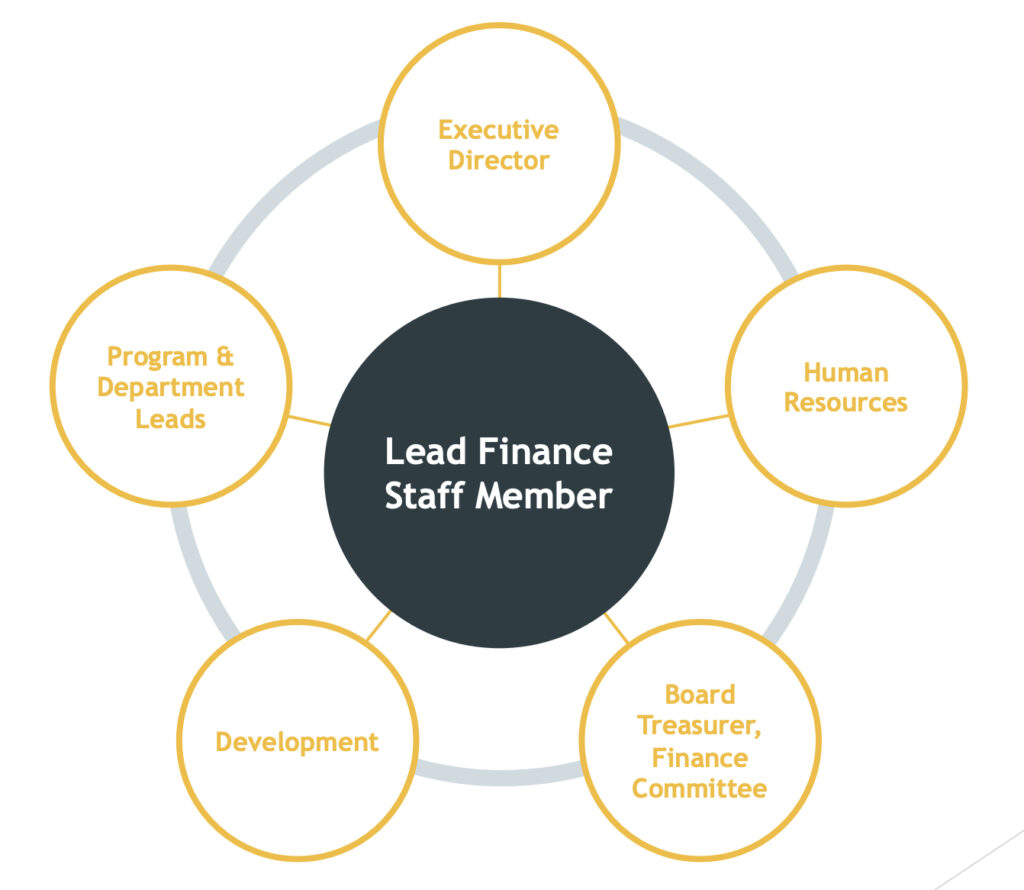Lone Financial Wolves and the Downside of Trust

We have seen a spate of high-profile nonprofit fraud and financial misadventure cases in the news lately. Sometimes it’s a straightforward story of organizationally sanctioned greed and self-dealing, as was the case with the National Rifle Association, but other times the transgressions may be less morally reprehensible, like invading restricted funds or misbilling a contract. Still, it’s hard to argue that digging out of the latter, which often get lumped in with the former, can still be painful and embarrassing — and to be avoided if at all possible.
On a more macro level, scandals like these hurt nonprofits in general by affecting our reputations and the degree of trust donors and other stakeholders place in us. They may even create more onerous compliance measures for contracts. In short, we should all keep in mind a nonprofit variant of Gresham’s Law —“bad money drives out good”—and do everything it takes to create a lively and transparent environment around our organizational finances. That’s why it is important to review the checks and balances in your organization at the management level and to encourage informed financial critiques at the staff, board, and trusted advisor levels.
But to focus for a moment on the matter of checks and balances, this can seem a silly, more aspirational measure to smaller organizations or those that function on assumptions of trust. (“We are all a family here!”) Ironically, it’s often precisely when a leader is endowed with high levels of others’ trust that fraud occurs. Perhaps that leader has even “earned” that trust by working longer hours than anyone else, or by being the only one who really knows the books and contracts. There’s nothing inherently good in either of those characteristics, actually — and a lot that should be seen as organizationally risky.
This risk is a product of the “lone wolf” style of financial management. None of us wants to be in the position of challenging a colleague guarding their turf, and those holding on to such a stance would be wise to see its limitations and change their style.
We like the notion of financial management as a team sport, with people playing various roles in generating and monitoring the numbers, and in questioning and setting overall strategic direction. One image to keep in mind was shared by Gina MacDonald in NFC’s recent webinar on the ongoing role of financial automation in nonprofits:

Understanding that many of us want to free up more of our time, for those seeking financial strategy in the future, how do we organize the other tasks to ensure that nothing in our financial reputation or status is placed at risk?
Gina takes on all these organizational concerns full throttle in the webinar, which is a must-see for any nonprofit in the midst of automating its financial life — and which ones are not? But readers should also keep an eye out for a webinar scheduled for May 2024 on the outsourcing of financial systems, since that event will also address ways to enhance financial checks and balances, even if your nonprofit is relatively small.

